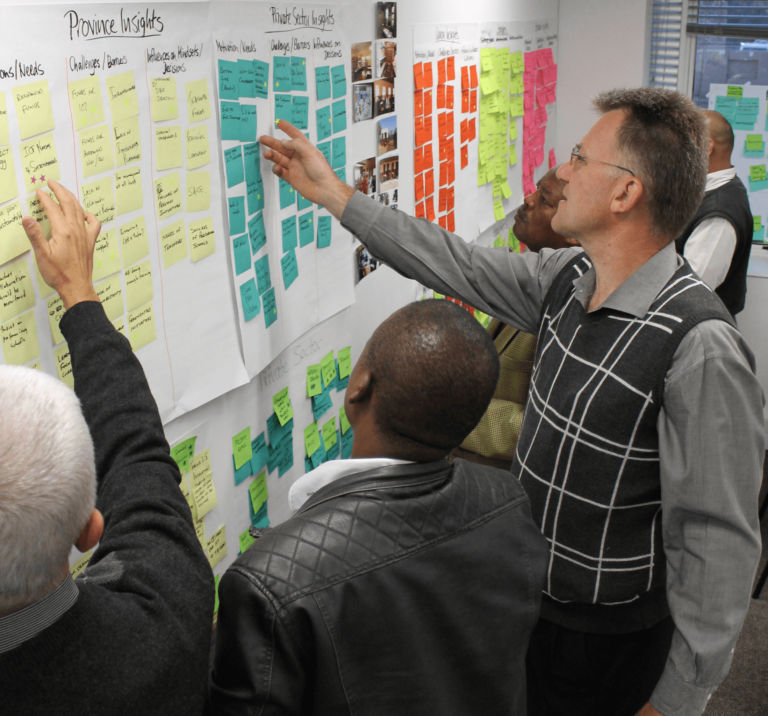Thinking While Doing: What We’ve Been Reading, v. IV
Looking for something new to read this weekend? Check out these suggestions from some of GKI’s fantastic staff.
Article: Ireland, Jay (2013). “Africa’s Innovative Spirit: Taking on the World.” Ideas Lab.
Why we liked it: This article gives an interesting perspective into the strengths and weaknesses of innovation systems throughout Africa. Specifically, it challenges the notion that “African Innovation” is a uniform phenomenon, instead providing a wealth of evidence on the idiosyncrasies of innovation across the continent. The article closes with some concrete examples of African innovation being deployed to solve problems on the ground in Africa.
– Andrew Bergmanson, Junior Program Officer
Article: Sorkin, Andrew R. (2013). “A Buyout Deal That Has Many Shades Of Green.” New York Times.
Why we liked it: Highlighting the relationship between an environmental advocacy group and a large energy firm, this article points to the changing nature of private business incentives. It draws attention to the role that civil society can play in defining business interests with regards to sustaining the environment.
– Karim Bin-Humam, International Programs Intern
Article: Leo, B. (2014) “Congress – Your “Face Value” Limit is Hamstringing Taxpayer Value at USAID.” Center for Global Development.
Why we liked it: This article’s main strength is that it clearly shows how something small and unsexy can be hugely important. The article points out how an obscure, somewhat silly law limiting the size of loans in which USAID can be involved has stymied USAID’s Development Credit Agency in its otherwise effective work leveraging private capital for big development projects. I’ll spare you the details of how this law works, but you should probably read the article.
– Andrew Gerard, Program Officer
Article: Johnson, George.(2014) “New Truths That Only One Can See.” New York Times.
Why we liked it: This article brings to light the growing challenge of discovering something “new” in the laboratory. As the drive to discover pushes scientists to explore ever-subtler truths, the ability to replicate findings, a scientific gold standard, shrinks, leaving us with potentially questionable findings. The author attributes this to a number of factors, including scientists’ own bias and studies with small sample sizes.
– Lucky Niko, International Programs Intern
Article: Raviv, Shaun. (2014). “Why ‘Brain Drain’ Can Actually Benefit African Countries.” The Atlantic.
Why we liked it: This article offers an alternative view on an established development paradigm. Rather than consider migration as an implicit failure in a development program, the aid community should incorporate the benefits of migration, such as improved trade, into development agendas. What I found most valuable is that this perspective goes beyond just developing a country, but developing people, regardless of where they live.
– Caroline Smeallie, International Programs Intern







